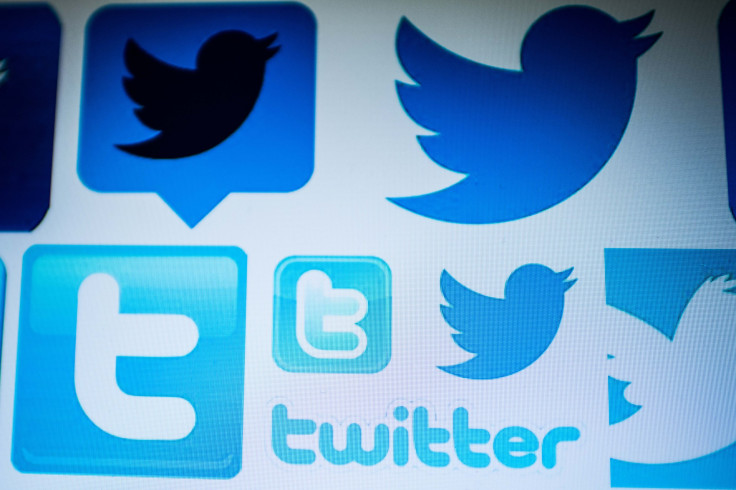Election 2018: How Twitter Has Updated Spam Policies To Fight Interference

Election security on social networks has been a major talking point since the 2016 presidential election. Sites like Facebook and Twitter have had to reckon with the possibility that foreign interference occurred on their platforms.
On Monday, Twitter announced a litany of changes it would make to site moderation to potentially lessen the damage bad actors do during upcoming elections.
In a blog post by Twitter head of site integrity Yoel Roth, the site outlined a number of rule changes and other alterations designed to prevent election interference. First, Twitter now has increased enforcement against fraudulent accounts “engaged in a variety of emergent, malicious behaviors.” The site has a problem with spam accounts that claim to be from the United States but are actually based elsewhere.
We're sharing an update on all the work happening across Twitter to improve conversational health around elections and critical events. https://t.co/iGedPCxyVu
— Yoel Roth (@yoyoel) October 1, 2018
The site will use factors like stolen avatar photos, copied-and-pasted bios and inaccurate location tags to determine which accounts are spambots. The move is a response to complaints that Twitter only enforces anti-spam rules against bot accounts trying to sell fake products, per the blog post.
In a clear response to the events like the 2016 leak of internal Democratic National Committee emails, Twitter will now act harder against hacker accounts. Any users who threaten to hack others will be in violation of Twitter rules, for example. The blog post also emphasized the site’s policy that prohibits the distribution of illegally accessed material.
Discussing hacked material is still acceptable, according to Twitter.
Lastly, Twitter will suspend or ban accounts that are verifiably linked to separate entities who have previously broken the site’s rules. That includes mimicking banned accounts.
Twitter has made a handful of other policy changes this year regarding election security. Political ads that appear on users’ timelines will now be clearly marked as such, and the site will tell users who paid for such ads.
In August, Twitter shut down several alleged bot accounts based in Iran, though the Iranian government vouched for their legitimacy.
The latest changes came just days away from the first round of voting in Brazil’s presidential election. Additionally, the U.S. congressional midterms are a month away.
© Copyright IBTimes 2025. All rights reserved.





















